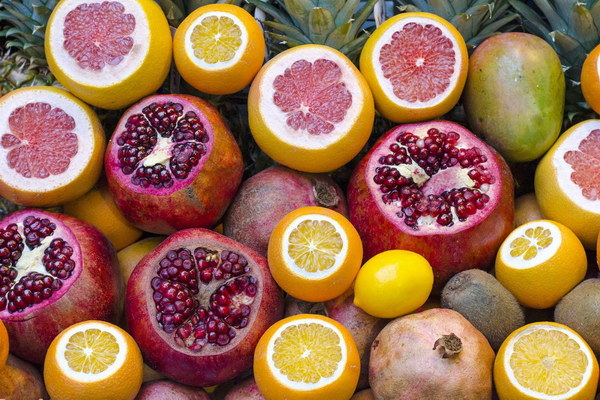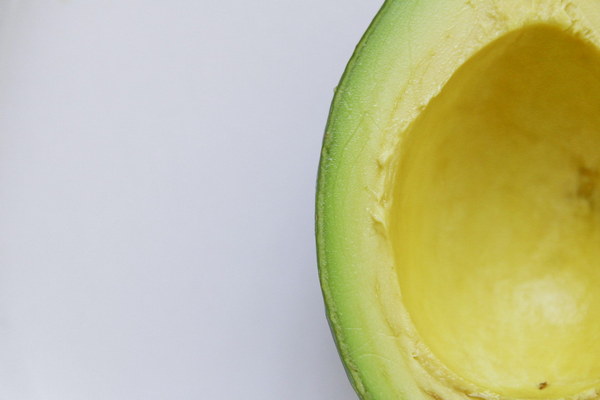The Nutritional Powerhouse Discover the Health Benefits of Corn in Your Diet
Corn, often overlooked in the realm of superfoods, has been a staple crop for centuries, not only for its versatility in cooking but also for its numerous health benefits. This golden grain is not just a simple carbohydrate but a nutritional powerhouse that offers a wide array of health advantages when included in a balanced diet. Let’s delve into the health benefits of corn and how it can contribute to a healthier lifestyle.
1. High in Fiber
One of the primary health benefits of corn is its high fiber content. Fiber is essential for maintaining a healthy digestive system, preventing constipation, and reducing the risk of developing colorectal cancer. Just one cup of cooked corn contains approximately 3.6 grams of dietary fiber, which is about 14% of the daily recommended intake for adults.
2. Rich in Vitamins and Minerals

Corn is a good source of several essential vitamins and minerals. It contains vitamin B1 (thiamine), which is crucial for converting food into energy, and vitamin B5 (pantothenic acid), which plays a role in synthesizing and metabolizing fats, carbohydrates, and proteins. Additionally, corn provides small amounts of vitamin B6, folate, magnesium, phosphorus, iron, and zinc.
3. Antioxidant Powerhouse
Corn is rich in antioxidants, particularly zeaxanthin and lutein, which are carotenoids that protect the eyes from age-related macular degeneration and cataracts. These antioxidants also help to combat oxidative stress, which can lead to chronic diseases such as heart disease and cancer.
4. Heart-Healthy
Corn contains phytosterols, which are plant compounds that can help lower cholesterol levels. Consuming corn regularly may contribute to reducing the risk of heart disease. Furthermore, the high fiber content in corn can help to reduce blood pressure, another risk factor for cardiovascular diseases.
5. Weight Management
Corn is low in calories and high in fiber, making it a great food for weight management. Its ability to keep you feeling full for longer can help prevent overeating and excessive calorie intake. However, it is important to note that corn can be high in sugar, so moderation is key, especially if you have blood sugar concerns.
6. Brain Health
The presence of choline in corn can benefit brain health. Choline is essential for the production of acetylcholine, a neurotransmitter that plays a vital role in memory, learning, and muscle control. Consuming corn can help support brain function and reduce the risk of cognitive decline.
7. Immune System Support
Corn contains vitamin C, an essential nutrient for maintaining a healthy immune system. It helps to produce white blood cells, which fight off infections and diseases. Including corn in your diet can help boost your immune response and keep you healthy throughout the year.
Incorporating corn into your diet can be quite simple. You can enjoy it as a side dish, add it to salads, or use it as a base for soups and stews. When purchasing corn, opt for fresh, organic corn on the cob or frozen corn, as these options tend to have fewer additives and preservatives than canned corn.
In conclusion, corn is not just a simple carbohydrate; it is a nutritious food that offers a wide array of health benefits. By incorporating this versatile crop into your diet, you can enjoy its numerous advantages while savoring the delightful taste of this golden grain. Remember to consume it in moderation and as part of a balanced diet to maximize its health benefits.









